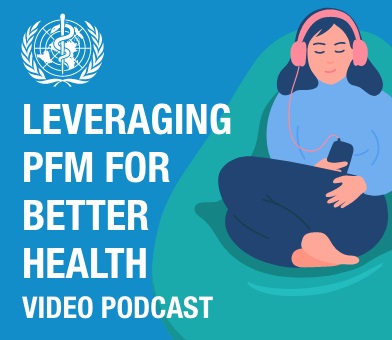Promoting strategic purchasing
Making the purchasing of health services more strategic is critical for countries to progress towards universal health coverage. Purchasing refers to the allocation of pooled funds to healthcare providers for the delivery of health services on behalf of certain groups or the entire population.
Purchasing is considered strategic when these allocations are linked, at least in part, to information on provider performance and the health needs of the population they serve, with the aim of realizing efficiency gains, increasing equitable distribution of resources and managing expenditure growth. Purchasing agencies can take many forms, such as a ministry of health, subnational authorities, a mandatory or voluntary health insurance or a non-governmental organization for example. Strategic purchasing is about defining:
- What to buy? – Which services will respond to the needs of the target population, how will they be defined?
- From whom to buy? – Which providers, public and/or private, will be able to deliver effectively those services?
- How to buy? – How will providers be paid, at what rates, what are contracting terms and how will compliance be monitored?
Reforms towards more strategic purchasing can be incremental and many changes can be guided by ministries of health. WHO is supporting countries directly in their reform efforts by making assessment tools available, providing policy advise and offering capacity building opportunities.


